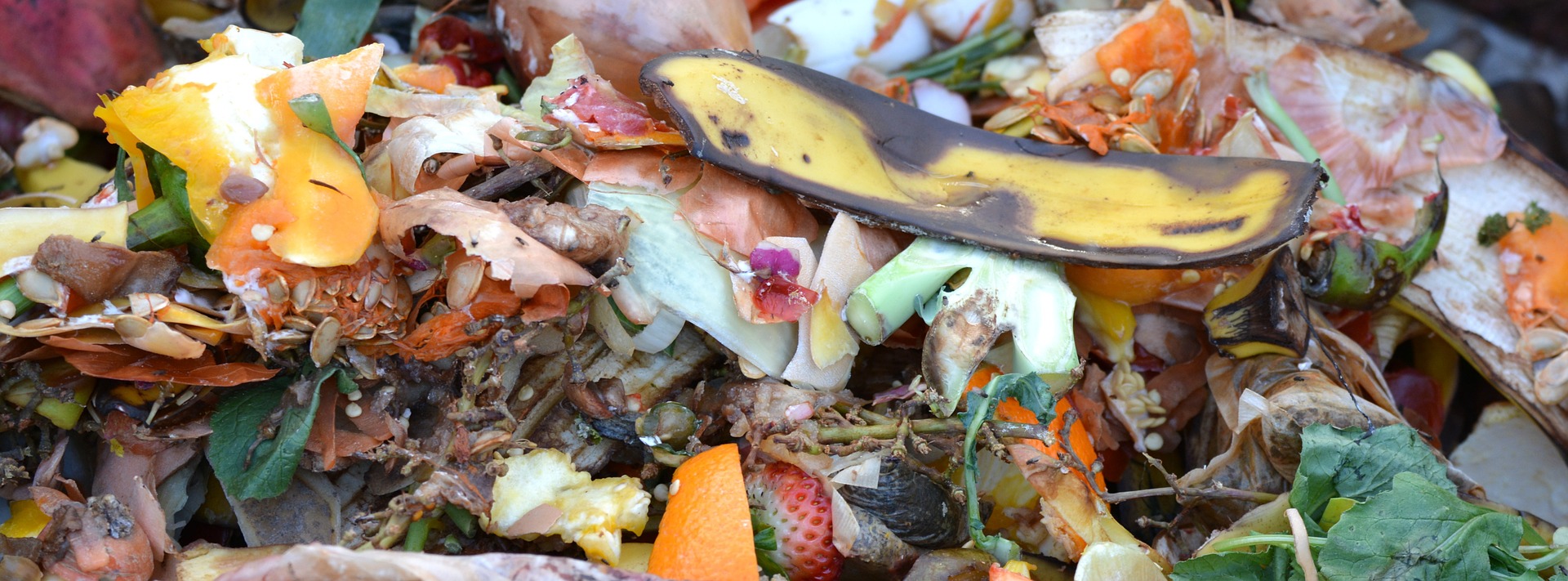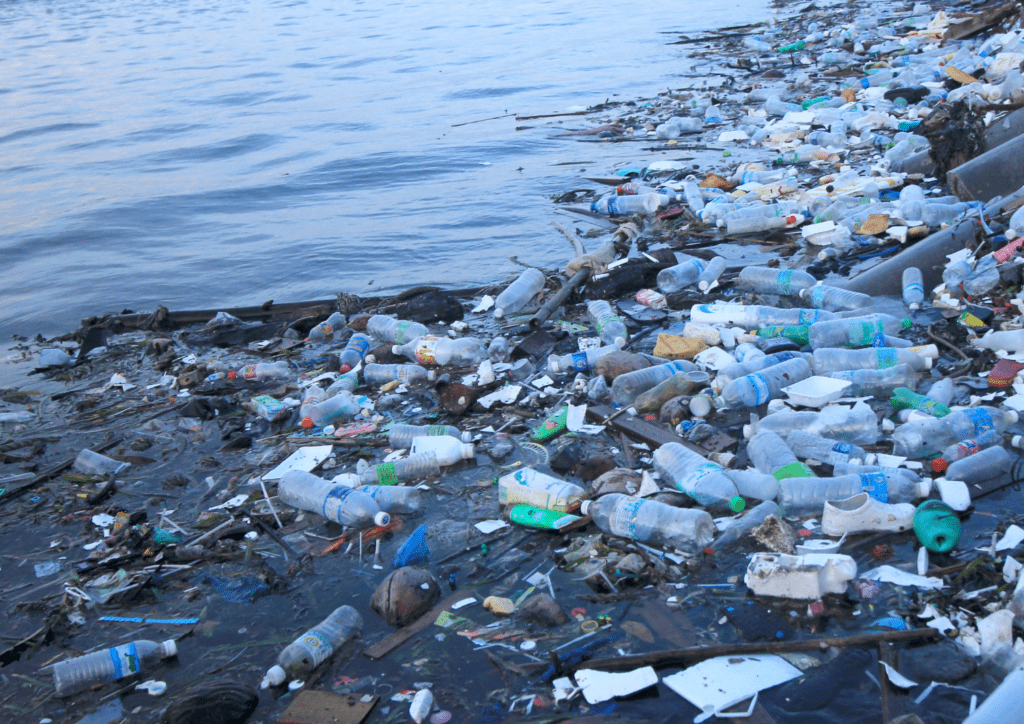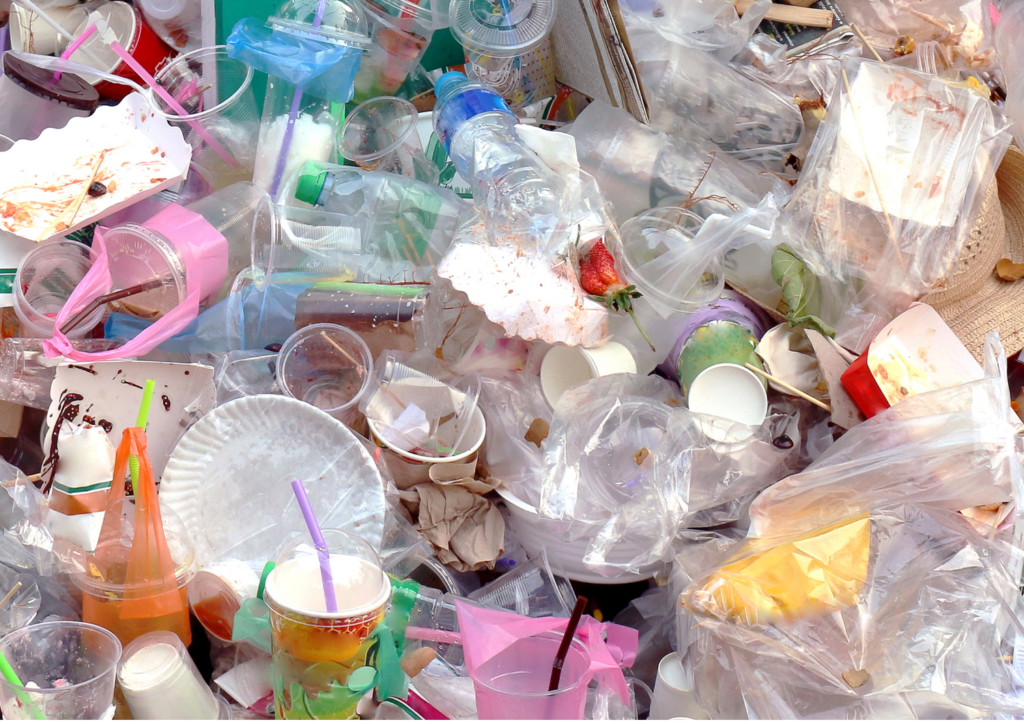There’s a disturbing push for so-called “compostable” plastic to replace single-use plastic items banned by the federal government. That’s a terrible idea and here’s why:
“Compostable” plastic isn’t all that compostable
You can make it from oil and gas, or things like corn or sugar cane, but it’s all plastic when it ends up in the environment. “Compostable” plastic will only break down quickly in special industrial composters that are rare in Canada. But it doesn’t break down any more safely than other plastic – especially in nature. Just like any other plastic, it can strangle wildlife, uselessly fill up their bellies, degrade slowly into tiny particles that are eaten by smaller animals and end up in our food webs. As it breaks down, it releases greenhouse gasses that contribute to climate change. When it comes to plastic litter, “compostable” plastic is not an alternative to conventional single-use plastic.
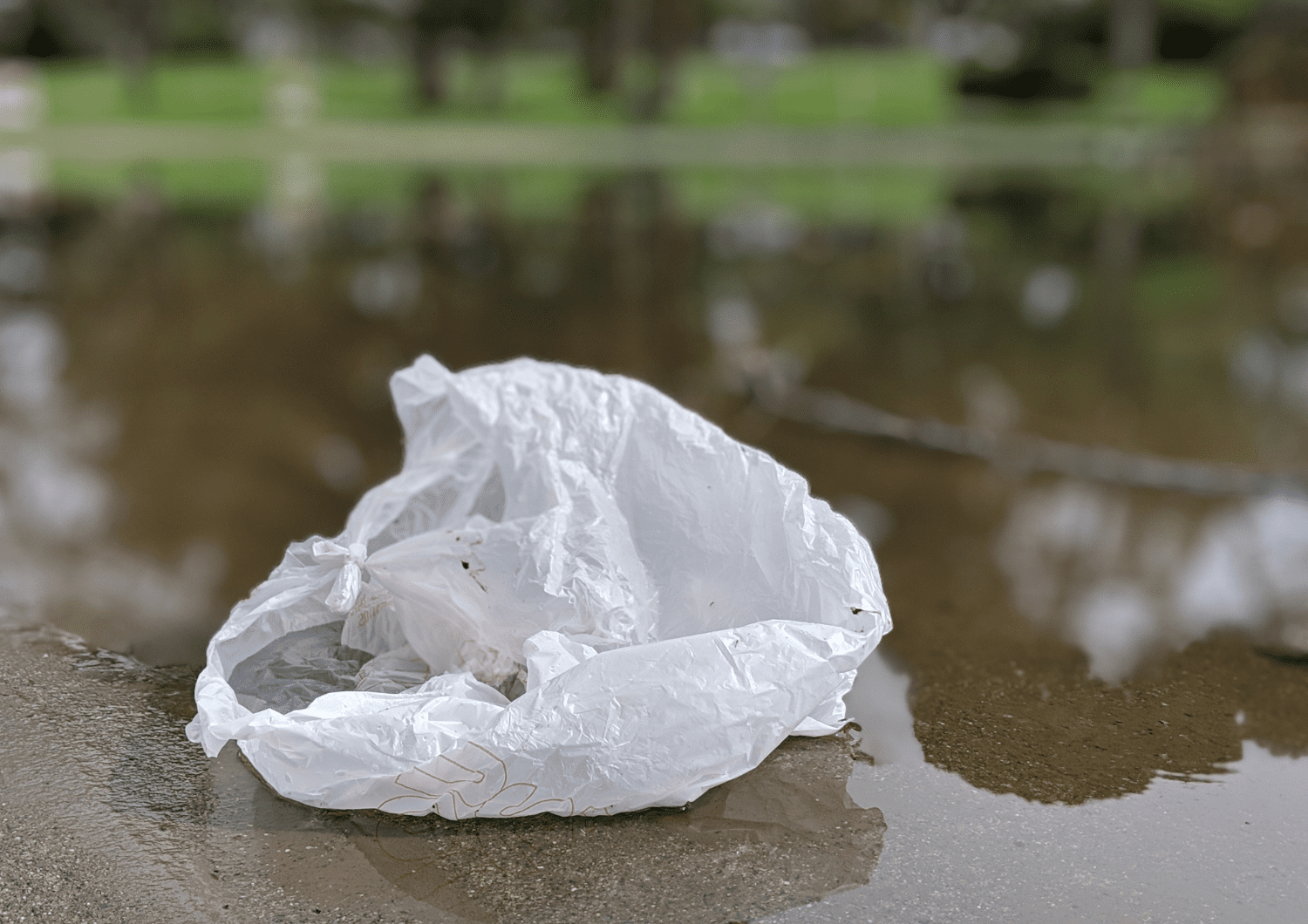
“Compostable” plastics are as toxic as plastics made from fossil fuels
Just like plastics made from fossil fuels, plastics made from plant materials, such as those marketed as “compostable,” can contain other toxic chemicals including additives and chemicals produced unintentionally during manufacturing. These chemicals are part of what allows us to turn something like fossil fuels or sugar cane into a functioning flexible plastic bag. But regardless of whether a plastic item is made from plants or oil, the chemicals they often contain pose a threat to human health.
Single-use “compostable” plastics are a dangerous source of litter
The federal government estimates that one per cent of all plastics end up littered in the environment. Before they were banned, Canadians used 15 billion single-use plastic checkout bags every year. One per cent of that is an enormous number: 150 million bags. Littered. In. Nature. Allowing so-called “compostable” checkout bags would not change this math. And, as we’ve described above, it also wouldn’t change the risks to our health or environment. Making an exception in the ban for “compostable” checkout bags is truly a terrible idea.
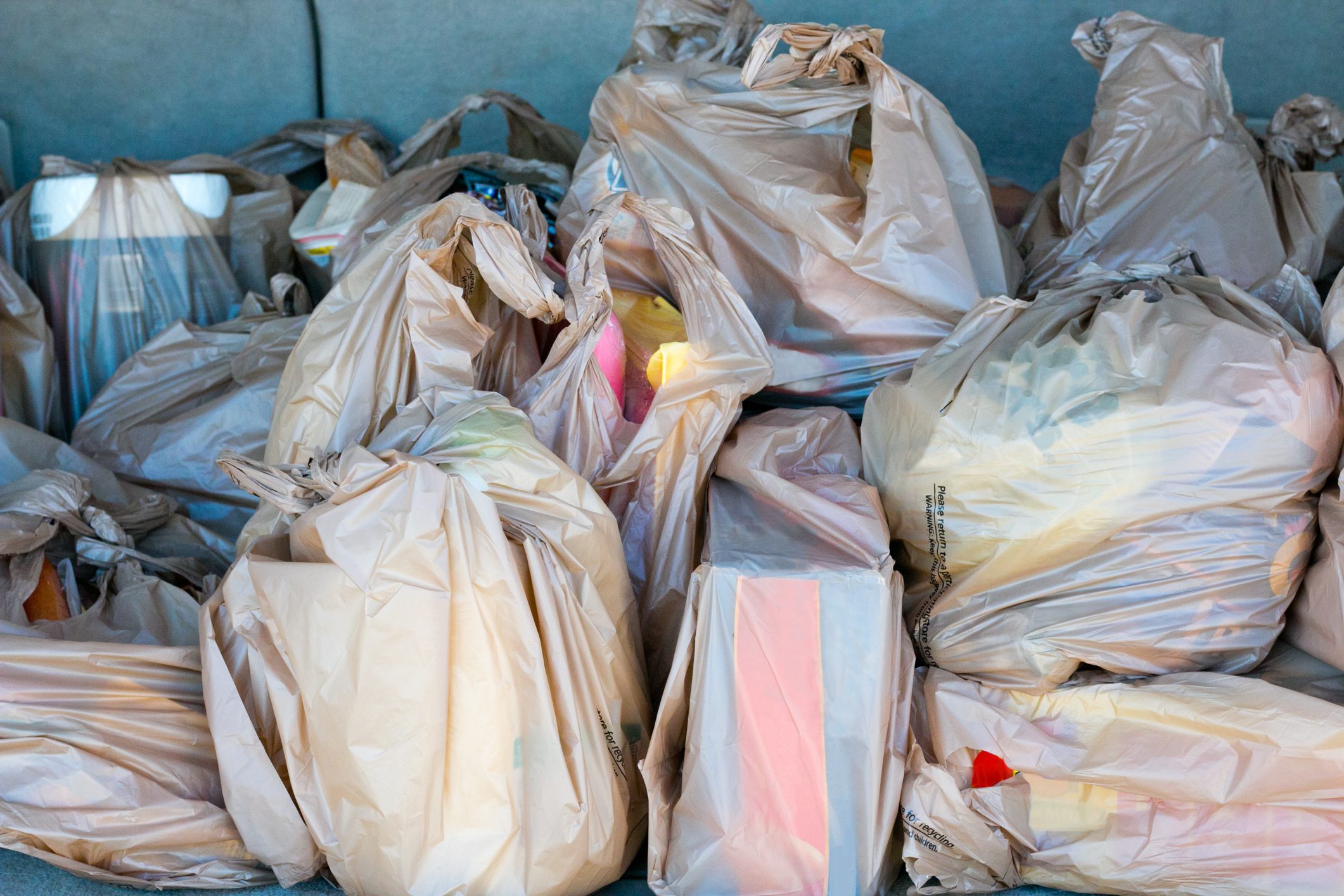
Single-use compostable plastic is wasteful
It takes resources and energy to make products and packaging. The same goes for managing waste, which takes up space and is a source of pollution. “Compostable” plastic is no less wasteful than any other single-use plastic. Making plastic from oil and gas is highly polluting. But making it from plants – one of the supposed benefits of “compostable” plastic – has other environmental costs. Growing crops to turn into plastic would replace forests, natural vegetation and food crops, which is bad for the climate, biodiversity and food security.
Over the last few decades, the plastics industry has convinced us that it’s ok to use something once and then throw it away. That has led to a global plastic pollution crisis. The best way forward is to eliminate single-use products of all kinds, reduce packaging wherever possible, and shift to reuse systems. “Compostable” plastics are a false solution that distract us from what we need to do to stop the plastic pollution crisis.
Cut the trash: the real solution is less packaging and more reusables
The federal government has banned certain single-use plastics such as checkout bags, cutlery, straws and stir sticks. Included in the ban are compostable plastics – for all the reasons we have outlined here. They are bad for the environment, bad for wildlife and bad for people. No exceptions.
The solution does not lie in different single-use plastics. Instead, the government has launched a consultation on preventing plastic pollution generated by Canada’s major grocery stores. The focus is on eliminating unnecessary packaging – especially for fruits and vegetables – and adopting effective and convenient systems for reusable and refillable packaging. Instead of trying to replace one bad idea with another one, Canada’s grocery stores must get on with real solutions to the plastic they put into our lives – and into the environment.



